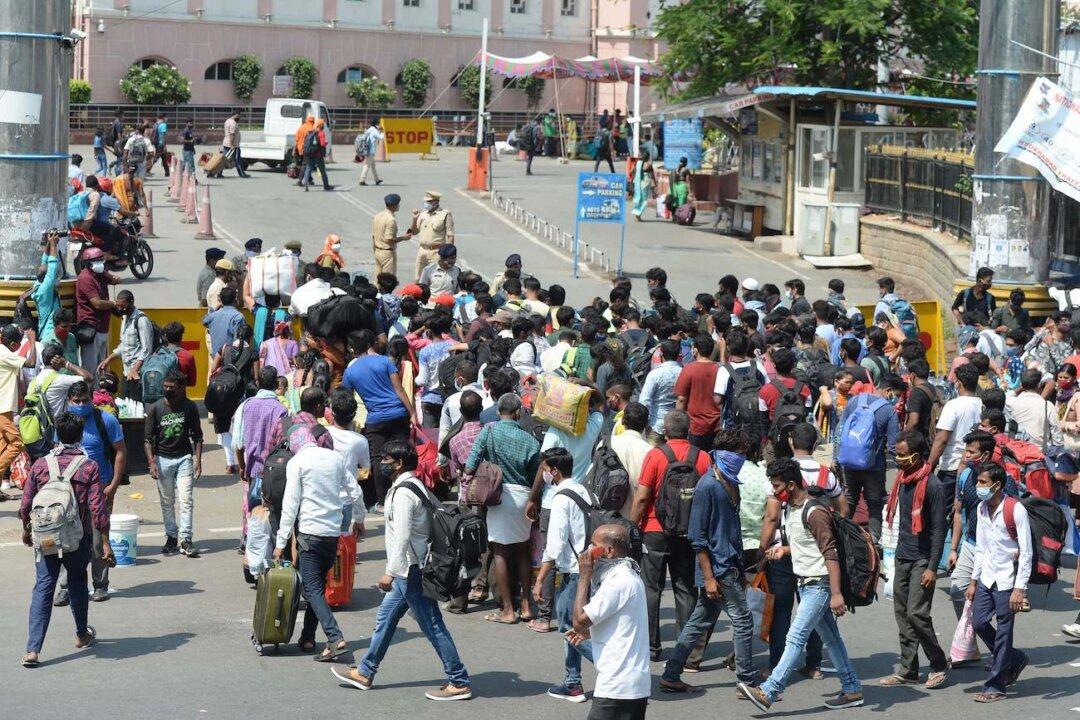A rare but potentially deadly infection dubbed “black fungus” by Indian doctors appears to be more frequent among CCP virus patients in the world’s second-most populous nation, according to reports.
The infection, called mucormycosis, is caused by a group of molds called mucormycetes found particularly in soil and is associated with decaying organic matter such as rotting leaves and wood, compost piles, and animal dung, according to the Centers for Disease Control and Prevention (CDC).




